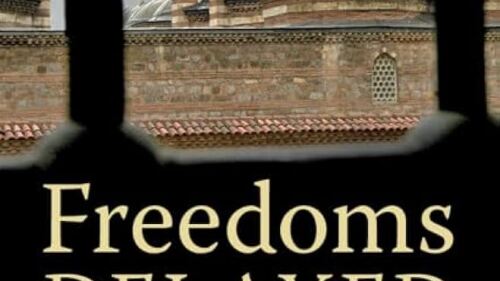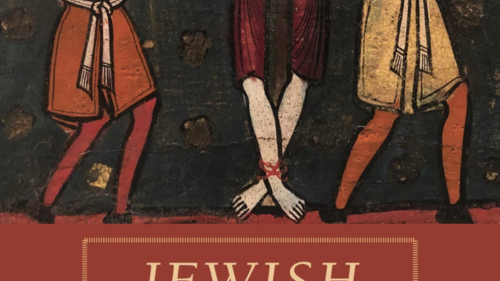Abrahamian, one of the most creative scholars of modern Iran, focuses on a repugnant but central aspect of the Islamic Republic of Iran’s propaganda activities: its use of incarceration and torture to produce the recantations that serve a key role in propping up the regime. These are episodes of a “grand theater staged by the authorities” to destroy enemies and win support. Abrahamian sees the use of torture as not sadistic and primitive but “highly rational, modern, and calculating.” The torture works, as some 95 percent of political prisoners provide the requested videotape “interview.”
The author’s meandering but fascinating book starts with a survey of like practices and finds that the Iranian use of recantations is one of the most developed, along with those of early modern Europe, Stalin’s Soviet Union, and Mao’s China. He points out that all of them are ideologically-charged societiesand notes the revealingly identical terminology in all four cases (“redemption,” “treason,” “hidden hands,” and the like). These other three cases being past, the Islamic Republic stands out today as “the world’s premier producer of recantation shows.”
The specifics are harrowing but very insightful. Abrahamian shows the Islamic roots of tortured confessionsand establishes that Western influence caused this practice practically to disappear by mid-century. Even in Shah Mohammad Reza Pahlavi’s prisons, where torture was used, it was rare; the main complaint there was boredom (today it is fear). The Khomeini era’s first two years were relatively benign, but what the author calls a “reign of terror” began in mid-1981 and set the pattern for things to come, with legalized use of force against prisonersand public recantations. Because torture undermines the validity of confessions, the Iranian regime takes great pains to keep this dimension hidden– and that in turn gives some leverage to the prisoners. The torturers avoided devices (like the metal prod) that they deem too Western. To get the videotaped confessions just right, these are sometimes repeated over and over.
In the words of Amir-‘Abbas Entezam, a former high-ranking official of the Islamic Republic who later found himself in one of its jails, “Islam is a religion of case, compassion, and forgiveness. This regime makes it a religion of destruction, death, and torture.”



